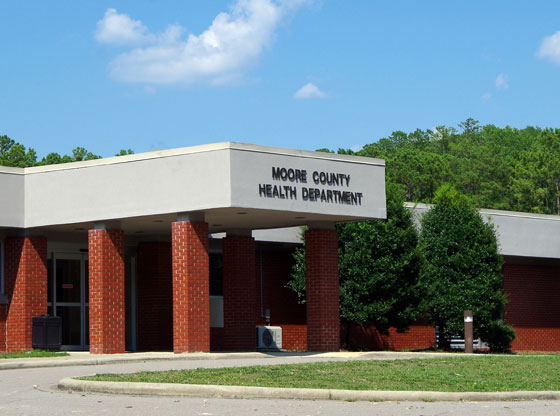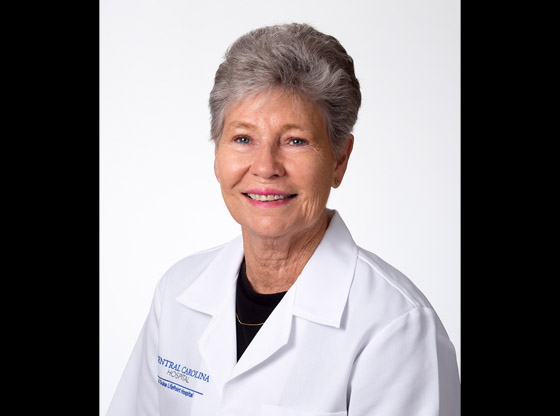On Monday, the President’s Coronavirus Task Force provided updated coronavirus (COVID-19) guidance outlined as “15 Days to Slow the Spread”.
Some key points from the latest guidance are that over the next 15 days, Americans should not gather in groups of more than 10 people, schooling should be at home and discretionary travel and social visits should be avoided. Further, if anyone in a household tests positive for the virus, everyone who lives there should stay home.
The full list of the “15 Days to Slow the Spread” guidance is as follows:
1. Listen and follow the directions of your state and local authorities.
2. If you feel sick, stay home. Do not go to work. Contact your medical provider.
3. If your children are sick, keep them at home. Do not send them to school. Contact your medical provider.
4. If someone in your household has tested positive for the coronavirus, keep the entire household at home. Do not go to work. Do not go to school. Contact your medical provider.
5. If you are an older person, stay home and away from other people.
6. If you are a person with a serious underlying health condition that can put you at increased risk (for example, a condition that impairs your lung or heart function or weakens your immune system), stay home and away from other people.
7. Even if you are young, or otherwise healthy, you are at risk and your activities can increase the risk for others. It is critical that you do your part to stop the spread of the coronavirus.
8. Work or engage in schooling from home whenever possible.
9. If you work in a critical infrastructure industry, as defined by the Department of Homeland Security, such as healthcare services and pharmaceutical and food supply, you have a special responsibility to maintain your normal work schedule. You and your employers should follow CDC guidance to protect your health at work.
10. Avoid social gatherings in groups of more than 10 people.
11. Avoid eating or drinking at bars, restaurants, and food courts – use drive-thru, pickup, or delivery options.
12. Avoid discretionary travel, shopping trips, and social visits.
13. Do not visit nursing homes or retirement or long-term care facilities unless to provide critical assistance.
14. Practice good hygiene:
15. Wash your hands, especially after touching any frequently used item or surface.
16. Avoid touching your face.
17. Sneeze or cough into a tissue, or the inside of your elbow.
18. Disinfect frequently used items and surfaces as much as possible.
These recommendations are made in an attempt to reduce introduction of the virus into new communities and to slow the spread of infection in communities already affected by the virus.
As of this information release, no infections of COVID-19 have been confirmed in Moore County, NC.
The Health Department advises that if you do feel sick:
• Stay home and avoid contact with others.
• If you are experiencing the symptoms of COVID-19 which are fever, cough, and shortness of breath, contact your healthcare provider and seek care.
• Be sure to call your healthcare provider ahead of your visit and let them know about the symptoms you’re experiencing. This will help the healthcare provider’s office take steps to keep other people from getting infected or exposed.
• Your healthcare provider will make a determination and provide guidance for COVID-19 testing.
• Older adults and people who have severe underlying chronic medical conditions like heart or lung disease or diabetes seem to be at higher risk for developing more serious complications from COVID-19 illness.
• People at higher risk for serious illness from COVID-19 should contact their healthcare provider early, even if their illness is mild.
• Most people with illnesses due to coronavirus recover at home on their own without any difficulty. There are no specific treatments for COVID-19, but treatments to bring down fever or alleviate other symptoms may help.
• If you develop emergency warning signs for COVID-19 get medical attention immediately. In adults, typical emergency warning signs are:
• Difficulty breathing or shortness of breath
• Persistent pain or pressure in the chest
• New confusion or inability to arouse
• Bluish lips or face
The best way to prevent infection is to avoid being exposed to this virus. Social distancing or maintaining a minimum distance of 6 feet away from others is recommended at this point on a community level to minimize or avoid any potential exposure.
However, as a reminder, CDC always recommends everyday preventive actions to help prevent the spread of respiratory viruses, including:
• Wash your hands often with soap and water for at least 20 seconds. If soap and water are not available, use an alcohol-based hand sanitizer.
• Avoid touching your eyes, nose, and mouth with unwashed hands.
• Avoid close contact with people who are sick.
• Cover your cough or sneeze with a tissue, then throw the tissue in the trash.
• Clean and disinfect frequently touched objects and surfaces.
Residents should also stay informed by seeking out reliable sources for their information on COVID-19. You can find updates on COVID-19 on the CDC website at cdc.gov/coronavirus and guidance from the North Carolina Division of Public Health at ncdhhs.gov/coronavirus.
You can also visit the Moore County Health Department website at moorecountync.gov/health. A coronavirus helpline is also available for those who have questions or concerns at 1-866-462-3821.
The Moore County Health Department will continue to work in conjunction with the CDC and the North Carolina Department of Health and Human Services Division of Public Health to monitor the situation closely and will update any recommendations or guidance as needed.
Contributed

















